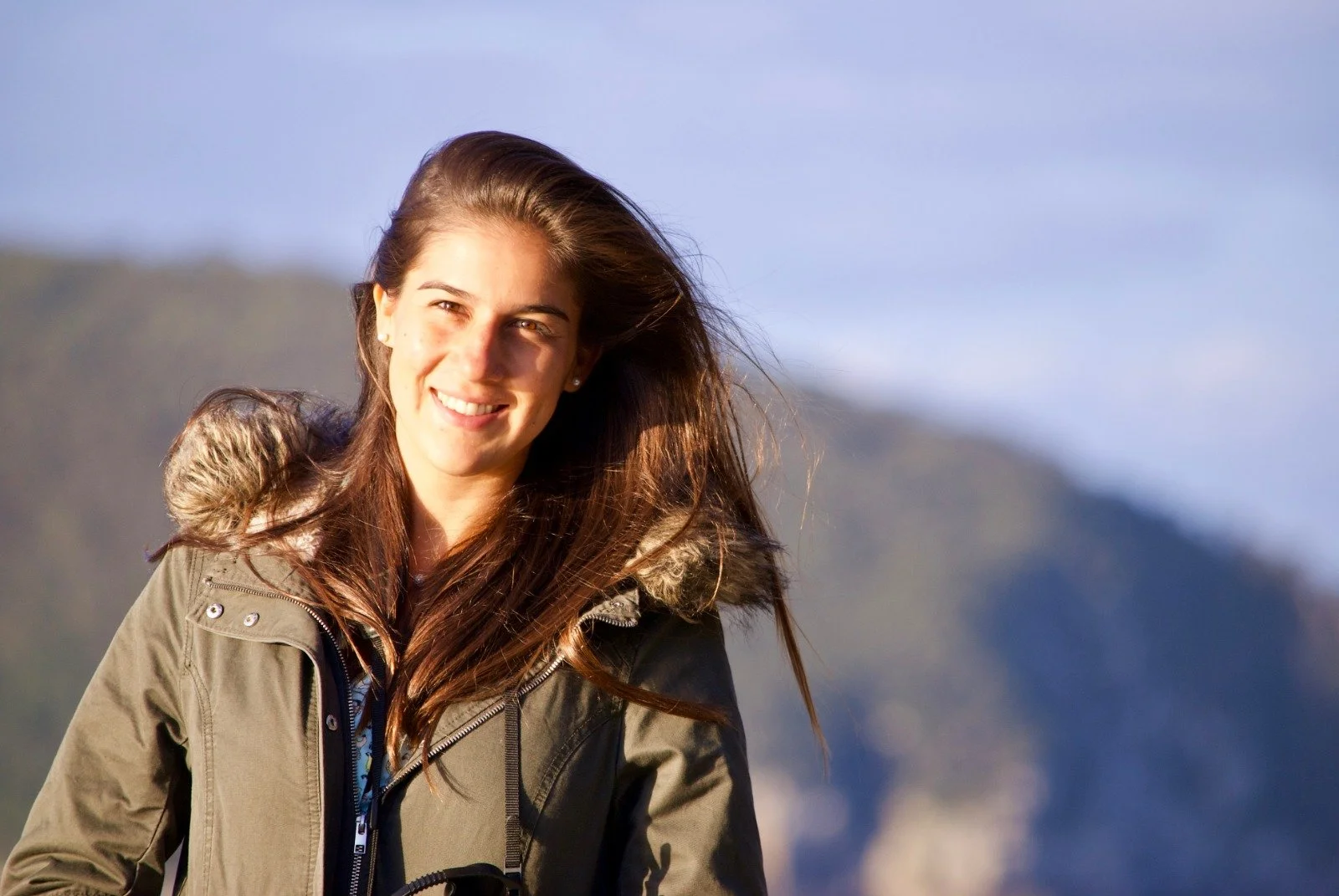Congratulations Violeta!
Violeta’s PhD research focused on how people engage with nature during times of stress or difficulty in their lives.
We are so excited to share the news that Violeta Berdejo-Espinola has successfully defended her PhD! Violeta has been a wonderful presence in our lab over the past few years, and has produced exceptionally high quality research. Violeta has been studying the role of nature in our lives, particularly during times of stress or among people who are living in difficult conditions.
Nature in cities is an important indicator of health, liveability, and quality of life, and we know that spending time in nature is good for us. But can it help especially in times or places where people are acutely stressed?
Violeta studied how people changed the way they used green spaces in Brisbane during the COVID lockdown of 2020. The pandemic was an unprecedented life event characterised by marked health risks, uncertainty, and behavioural changes including shifts in green space use. Violeta found that 36% of people increased their green space use, but 26% reduced it. Older people were less likely to increase green space use, and the reasons for visiting green space shifted, with many emphasising improvements to personal wellbeing rather than consolidating community capital. Accessibility, proximity, shape, presence of a blue space, and vegetation complexity all influenced people’s behaviour in, and preferences for, green spaces.
Turning her attention to her native Paraguay, Violeta then studied the influence of nature relatedness and urban greenness on the wellbeing of individuals living in the city, which has a very steep gradient of socio-economic advantage, with some neighbourhoods among the poorest in the world. It turned out that among the urban poor residing in informal settlements, stronger nature connection was positively associated with life satisfaction yet higher nature exposure nearby their home is associated with lower life satisfaction. On the contrary, for residents living in formal parts of the city, nature exposure is associated with positive mental health outcomes in the way typically seen in the global north. This suggests that the nature-wellbeing connection depends on an individual’s socio-environmental context, and that feeling a connection to nature can be beneficial for wellbeing among the urban poor even when the condition of their local environment is less than ideal.
Feeling unsafe is an important barrier to spending time in nature and therefore gaining the potential benefits that nature offers. Many people believe that increased vegetation cover in parks makes them feel less safe, because of the reduced visibility. But Violeta showed that perceptions of safety among visitors did not decline as tree cover increased, suggesting that we can have nature and safety too in our parks. It was actually signs of physical disorder and poor maintenance that contributed most to feelings of being unsafe. This suggests we need to maintain parks properly if they are to be safe space for residents.
Finally, Violeta' reviewed the potential for virtual reality to augment nature experiences in places where the real thing might not be easily available, and we wrote about this in another post.
Violeta’s research contributes valuable insights for urban planning and policy development, and we are very proud of everything she has achieved here. We are also so happy that she is staying around in Brisbane, now doing a postdoc with Tatsuya Amano in the Kaizen Conservation Group.
WELL DONE VIOLETA!!!!!!
PhD Publications so far:
Berdejo-Espinola V, Zahnow R, O’Bryan CJ & Fuller RA (in press, accepted 4 Mar 2024) Nature experiences in a virtual world. Nature Human Behaviour.
Berdejo-Espinola V, Fuller RA & Zahnow R (2024) Well-being from nature exposure depends on socio-environmental contexts in Paraguay. Nature Cities, 1, 335-345.
Berdejo-Espinola V, Zahnow R, Suárez-Castro AF, Rhodes JR & Fuller RA (2022) Changes in green space use during a COVID-19 lockdown are associated with both individual and green space characteristics. Frontiers in Ecology and Evolution, 10, 804443.
Berdejo-Espinola V, Suárez-Castro AF, Amano T, Fielding KS, Oh RRY & Fuller RA (2021) Urban green space use during a time of stress: A case study during the COVID-19 pandemic in Brisbane, Australia. People and Nature, 3, 597-609.
